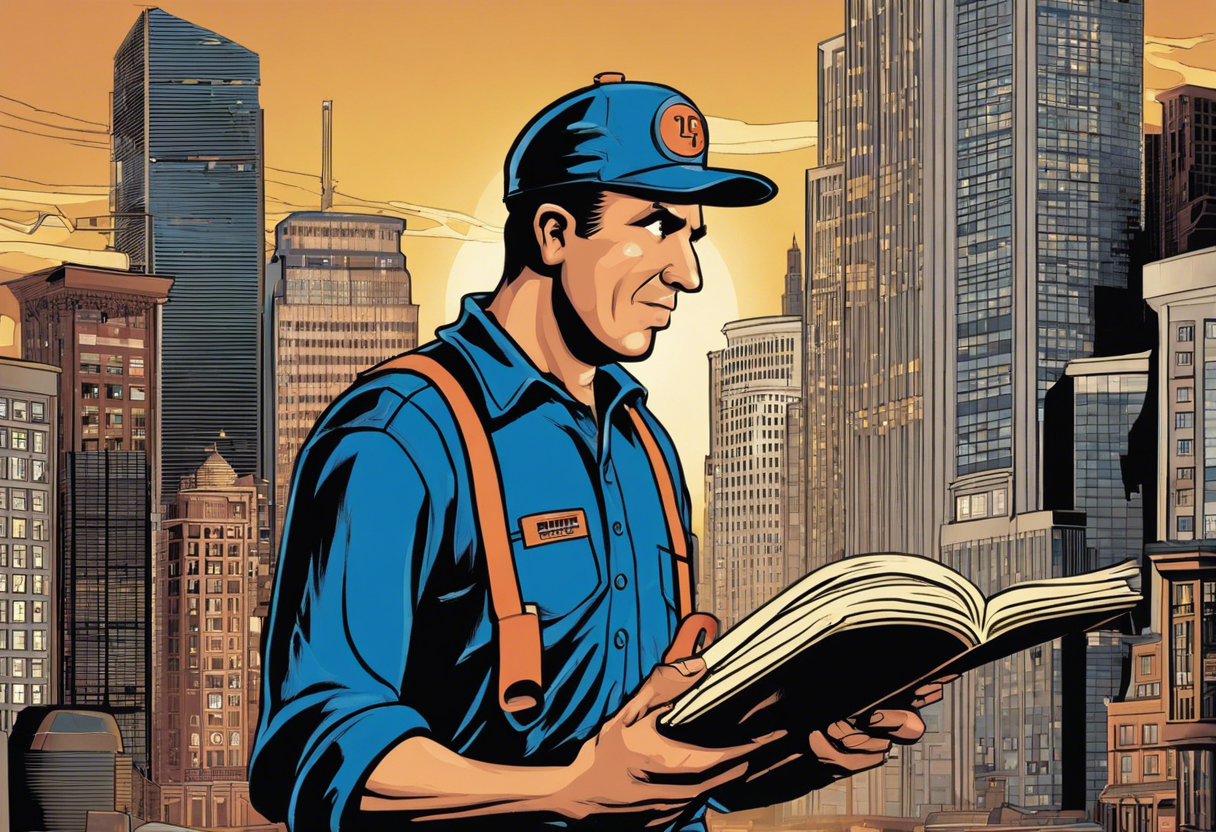As you walk through your home, you may not even realize the intricate network of pipes and fixtures that make up your plumbing system. Like the veins and arteries in your body, they are essential to the proper functioning of your home. But just like your body, if something goes wrong, it can cause serious problems.
That’s why it’s important to understand how to maintain your plumbing system and troubleshoot any issues that may arise.
In this article, we will explore common plumbing issues that can occur in your home and how to identify them. We’ll also provide you with helpful troubleshooting techniques and preventative maintenance tips that will keep your plumbing system running smoothly.
By understanding the basics of plumbing maintenance, you can save yourself time, money, and stress in the long run. So let’s dive in and learn how to take care of your home’s plumbing system, one drip at a time.
Common Plumbing Issues and How to Identify Them
Got plumbing issues at home? Learn how to identify the most common problems and fix them with ease!
Leaking faucets and clogged drains are two of the most prevalent issues that homeowners face. A leaking faucet can be identified by the constant dripping sound it makes even when it’s turned off. To fix it, you may need to replace the washer, cartridge, or valve, depending on the type of faucet you have.
A clogged drain, on the other hand, can cause water to back up and overflow, which can be both annoying and unsanitary. You can use a plunger or a drain snake to remove the obstruction and allow water to flow freely again.
By knowing how to identify and fix these common plumbing issues, you can save yourself from the headache of calling in a professional plumber. However, there may be instances when the problem is more complex and requires specialized knowledge and tools. In such cases, it’s best to seek the help of a licensed plumber who can troubleshoot and fix the issue efficiently.
Troubleshooting Techniques
To effectively address any issues you may encounter, it’s important to have a good understanding of the various techniques for identifying and solving plumbing problems. Here are some key troubleshooting techniques that can help you tackle common plumbing issues:
-
Inspect your pipes for leaks: Check for any visible signs of water damage or puddles around your pipes. This could indicate a leak and should be addressed immediately to prevent further damage.
-
Clear clogged drains: Use a plunger or drain snake to remove any blockages in your sink or shower drains. Avoid using chemical drain cleaners as they can cause damage to your pipes over time.
-
Check your water pressure: Low water pressure could indicate a problem with your pipes or fixtures. Check for any leaks or clogs that could be affecting your water flow.
-
Test your toilets: Toilets can be a common source of plumbing problems. Check for any leaks or running water that could be wasting water and driving up your utility bills.
By using these techniques, you can quickly identify and solve common plumbing issues before they become major problems. However, prevention is always better than cure, so let’s take a look at some preventative maintenance tips to keep your plumbing system in top shape.
Preventative Maintenance Tips
You can keep your home’s plumbing in tip-top shape with some DIY maintenance and seasonal check-ups. Regular inspections will help you identify any potential issues, such as leaks or clogs, before they become major problems. It’s important to check pipes and faucets for signs of wear and tear, such as rust or corrosion. If you notice any problems, it’s best to address them right away to avoid costly repairs down the road.
In addition to regular inspections, you should also perform routine cleaning to prevent buildup and blockages. This includes flushing drains with hot water and a mixture of baking soda and vinegar, which can effectively remove debris and grease. By taking these simple steps, you can keep your home’s plumbing running smoothly and avoid the need for expensive repairs.
However, if you do encounter more serious issues, it’s best to seek the help of a professional plumber.
Hiring a Professional
Hiring a professional for your plumbing needs can be a smart investment to ensure long-term functionality and avoid costly repairs. Here are some benefits of hiring a professional plumber:
-
Expertise: Professional plumbers are trained and have the necessary expertise to handle all kinds of plumbing issues. They have the knowledge and tools to diagnose and fix problems quickly and efficiently.
-
Safety: Plumbing work can be dangerous, especially if you’re not familiar with the proper safety precautions. Professional plumbers know how to work safely and can ensure that your plumbing system is functioning properly without putting your family or property at risk.
-
Time-saving: Hiring a professional plumber can save you a lot of time and hassle. Instead of spending hours trying to fix a problem yourself, a professional plumber can quickly identify and fix the issue, allowing you to get back to your daily routine.
-
Cost effectiveness: While it may seem like hiring a professional plumber is more expensive than attempting to fix a problem yourself, it can actually save you money in the long run. Professional plumbers can identify and fix problems before they become major issues, avoiding costly repairs down the line.
Overall, hiring a professional plumber can provide you with peace of mind, knowing that your plumbing system is in good hands. It can also save you time, money, and ensure the safety of your family and property.


